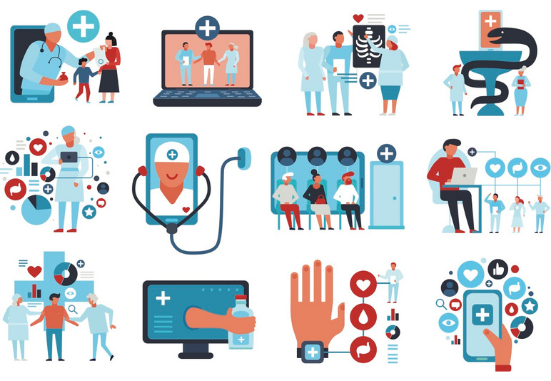Conversations with Orbita Podcast, Episode 6: Voice and HIPAA Compliance – An Update
During this episode, host Nate Treloar sits down with Orbita Executive Vice President of Global Markets Nick White to take a deep dive into the timeline of voice technology and HIPAA compliance.
Automation with Empathy
Conversations with Orbita is a podcast sharing insights and innovations revolutionizing healthcare and life sciences with HIPAA-secure chat and voice-powered experiences empowered by conversational AI.
Nick is an experienced global market executive who has spent more than 20 years working in technology-enabled change and how technology can be applied to create compelling consumer interactions and drive business value. He specializes in conversational AI and the development of compelling business models to harness technological change.
Before landing at Orbita, Nick worked with Deloitte and led the creation and development of OrbitaASSIST, our bedside assistant solution which has received more than 25 awards including a Good Design Award, the national iAward for Research and Development, a 2019 Webby Technical Achievement in Voice, and many more.
In his role as Orbita Executive Vice President of Global Markets, Nick leads the development of our International presence, and the enablement of our Partner network.
“The patient needs to be empowered and take advantage of the strengths of these technologies like voice, with an understanding of what it actually means for their own privacy and security.” -Nathan Treloar
“I think it's really important to recognize the power voice assisted technology has had. Just feedback from our initial pilots - we had 100% of people in our first group report that the next time they're in hospital, they wanted to be in a room where this technology is available. It had that much of an impact on them in terms of being able to access both care and information that they were previously not able to access.” -Nick White
EPISODE RECAP
Voice technology has taken off in the last decade and seeped into various industries, including healthcare and life sciences. Since Amazon’s 2019 announcement of their first limited program for building Alexa skills that can transfer personal health information (PHI) in compliance with HIPAA, there have been numerous developments.
During this episode, Nate sits down with Orbita Executive Vice President of Global Markets Nick White to take a deep dive into the timeline of voice technology and HIPAA compliance. How has the application of this tool transformed the digital healthcare landscape? How does Orbita utilize voice technology to increase access to healthcare? Tune in to hear from Nick and Nate.
As you listen to this podcast episode, you'll gain insights on the following and more:
-
- How voice assisted technology applies in the healthcare space, specifically the benefits and value, and how this technology empowers patients to take a more active role in their care journey
- Barriers in the way for healthcare to be an opportunity area for innovation and voice technology expansion
- Empowering patients to take advantage of the strengths of voice assisted technologies with an understanding of what it means for their own security and privacy
- How the global pandemic has sparked healthcare innovation and the recent developments made in the last year or so
- How clinicians view hands-free experiences for patients at the bedside
Related resources from Orbita
What Microsoft's Acquisition of Nuance Means for the Future of Digital Health
Hear from Orbita CEO Bill Rogers on Microsoft's acquisition of Nuance Communications and its implications on the future of digital health, patient experience, and beyond.
Podcast, Episode 5: Driving Proactive Outreach and Remote Patient Monitoring with Conversational AI
Orbita President and host Nate Treloar explores the role of conversational AI in proactive outreach and remote patient monitoring with Orbita's Jeff Haggard.
Leveraging Automated Patient Outreach to Address Social Determinants of Health
In Orbita's latest article, CEO Bill Rogers discusses the role of social determinants of health (SDOH) in a patient's care journey and how automated patient outreach can reduce these care gaps.





